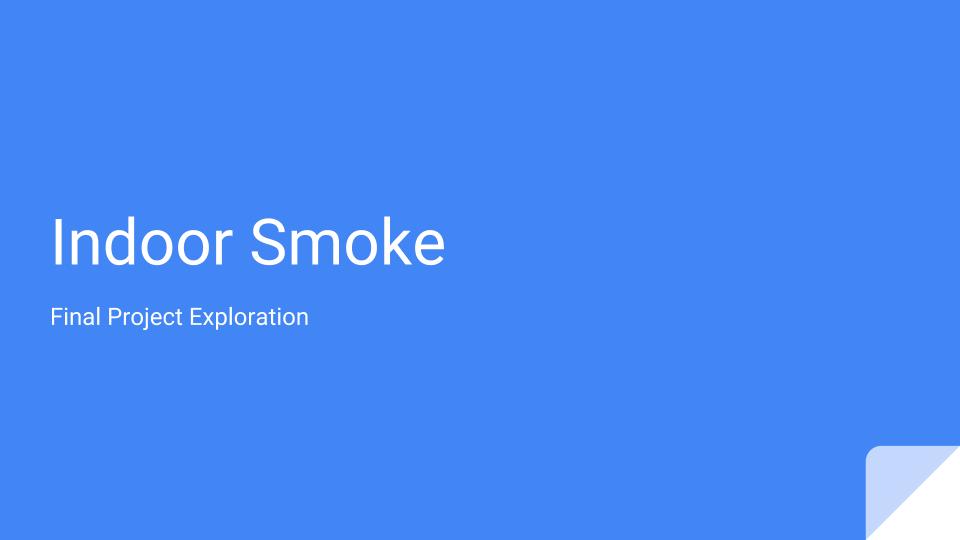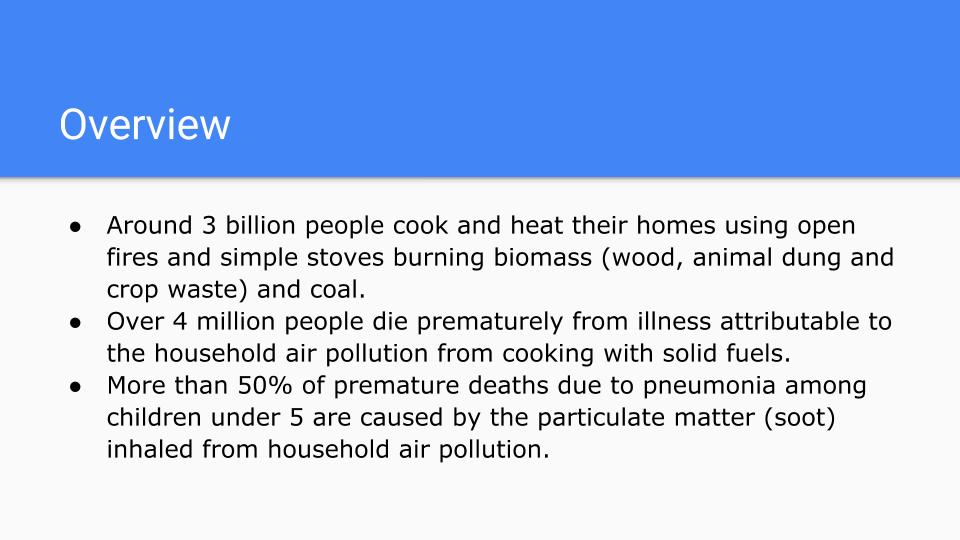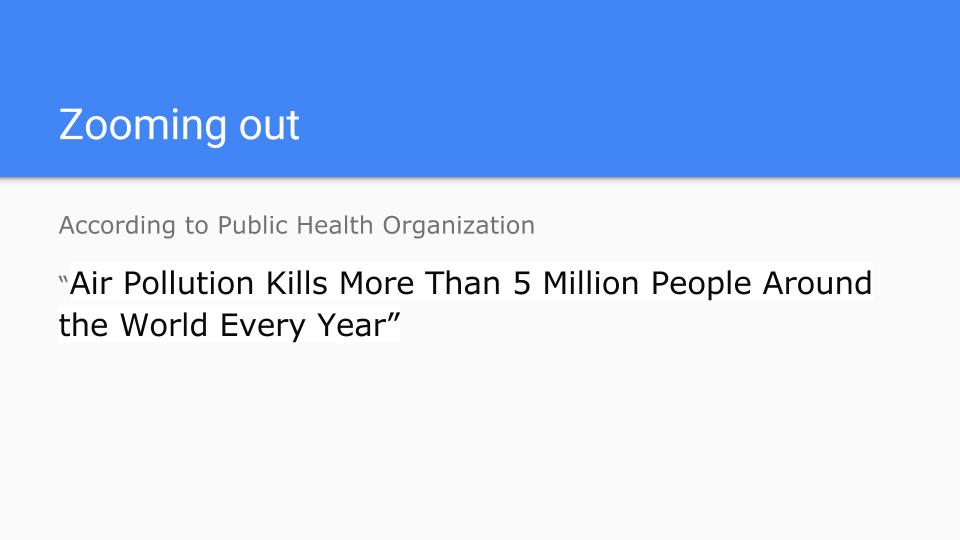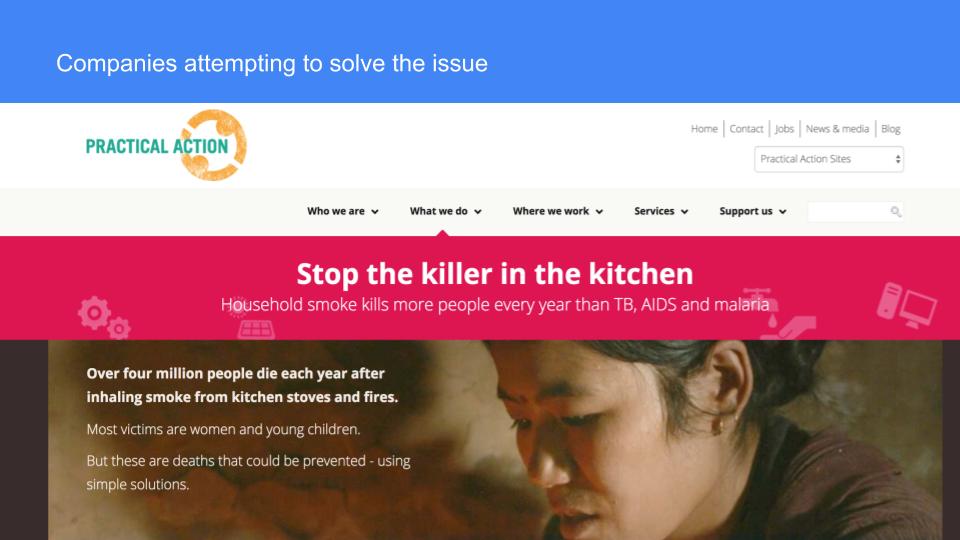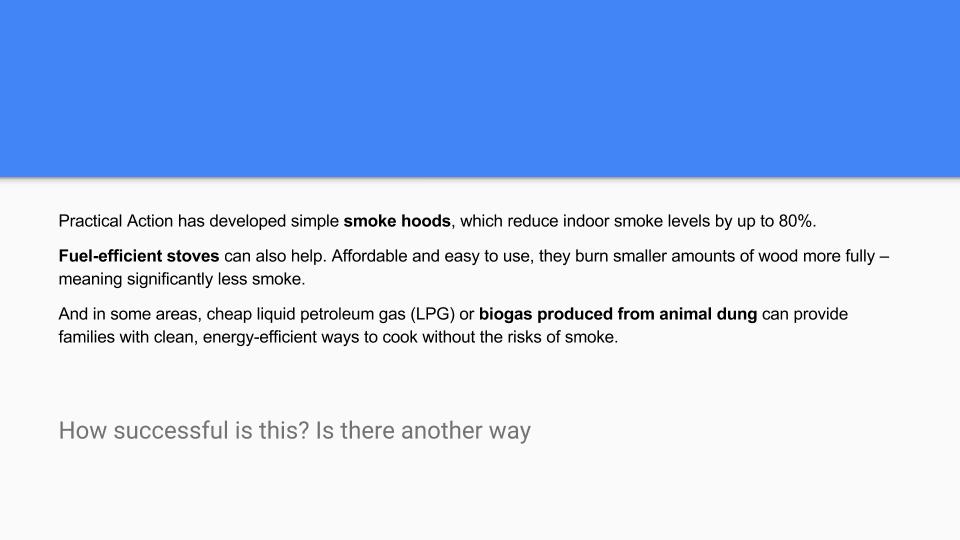Nouf, Mithru and myself were tasked to approach the issue of access to information in developing countries. We decided to narrow this down to approach a more specific topic of interest that focuses on access of information on agriculture and farming. We all did some research separately to determine issues that farmers have as a result of limited access to information and those effects on the communities around them. After our initial research we came together too see if there are any overlaps in our findings. Below is the top-down issues of some of the problems that rural farmers in developing countries struggle with.
There are a lot of issues presented here and we had a difficult time of narrowing these down to a particular issue that we could tackle. After a couple of hours, we decided that it might be best to discuss with our teachers where we are in our thought process and see if they might have some pointers on the topics displayed above.
The above research for prompted by the following assingment
Assignment:
Start (or continue) researching your project idea and meet with your groups to discuss, document every step of the process on your blog. Things to focus on for next week are:
What is the Big Problem (i.e. Affects 1 b. People)
- We need smarter agricultural practices to feed an ever-growing population. The number of farmers is declining, and climate change is becoming an increasingly worrying challenge that farmers are not fully aware of.
- Access to information for rural farmers and architectural communities in developing countries (focusing on Africa)
- Illiteracy of farmers, lack of resources, lack of access of information, poor transportation, poor markets, climate change (unpredictable weather).
What is the specific problem (So this affects 1b people… where is a specific concrete starting point where you see the need most)
- India: Farmer suicides due to multiple factors (debt burden, monsoon failure). NOTE: most recent dataset is from 2015.
- Illiterate farmers unaware of progress with understanding of crop rotation successes, drought resistant seeds, use of green manure, etc.
- 2017 Famine crisis due to drought
- Somalia -- hasn’t seen rain in months
- South Sudan -- violence has displaced individuals from fertile land
- Nigeria -- violence and burning of villages leaves people unable to feed themselves
- The empowerment and equality of women in developing nations. In Asia, women produce 60 percent of agricultural products, and in Africa that figure is 80 percent. However, these same women also are not given equal access to credit which could enable them to afford quality seeds, fertilizers, and water pumps, increasing their production and providing more food to their communities.
What’s a link between that and the environment you’re living (i.e. “Something closer to home”)
- In the US, it's relatively easier to find farmers who generally do trust technology and are willing to try out new techniques. They understand the growing need for better methods, and find a personal economic benefit to embracing technology.
What types of 100B$ technology *might* be able to impact this (broad stroke – think crazy)
- In the case of farmer debt, the blockchain could be used to figure out how this money is spent to figure out what’s not working, and potentially educate the farmers accordingly. Automated farming is also a potential tech that could be used.
- In the case of climate change, machine learning could be used to alert the farmers of the changing seasons.
- Drone Technology. Having drones transport produce to market and facilitate communication/transfer of goods. Automated phone calls.
3-5 links of resources that you have researched that specifically speak to you about this problem
- Farmer Suicide in India due to debt
- Why AgTech is needed
- Web Series featuring farmers in USA
- AgTech company in India
- Illiteracy
- Food Crisis (video at the end is helpful for high level overview)

